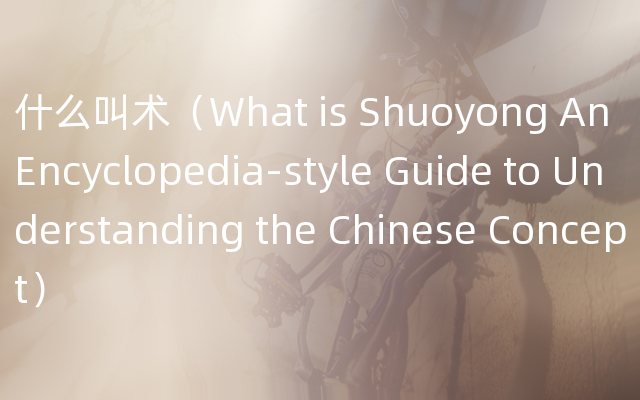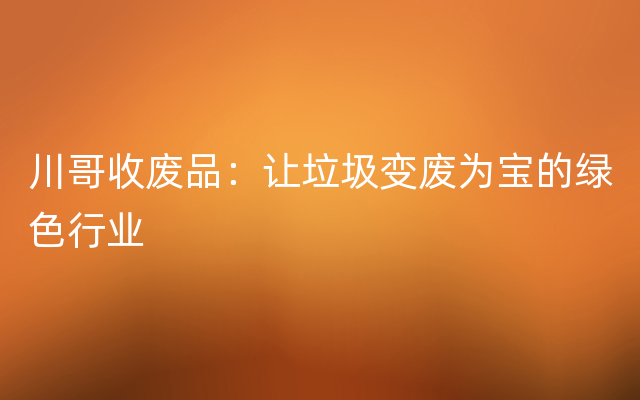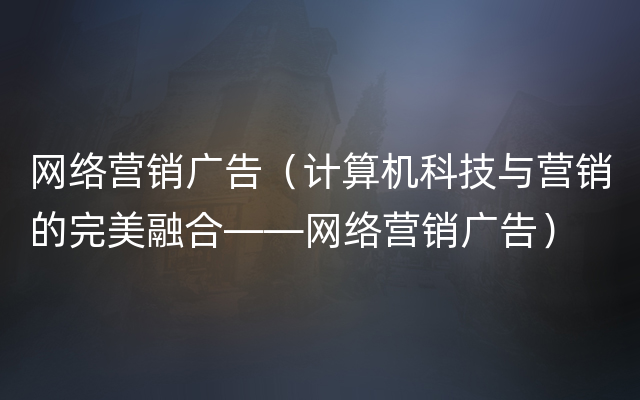
What is \"Shuoyong\"? An Encyclopedia-style Guide to Understanding the Chinese Concept
Shuoyong (说用) is a central concept in Chinese philosophy and culture that is often inadequately translated into English as \"utility\" or \"practicality.\" However, Shuoyong refers to much more than just practicality or usefulness; it encompasses ideas of purpose, function, and appropriateness. In this article, we will explore the origins and development of the concept of Shuoyong, its various meanings and applications, and its enduring relevance in contemporary Chinese thought and society.
Origins and Development of the Concept of Shuoyong
Shuoyong has its roots in ancient Chinese traditions of Confucianism, Taoism, and Legalism, which all emphasized the importance of living an ethical and practical life. The Confucian Analects, one of the most influential texts in Chinese philosophy, contains numerous references to Shuoyong, such as \"the superior man is not a utensil\" (1.7) and \"in dealing with others, we can say the word that is Shuoyong\" (12.21). Taoist texts such as the Tao Te Ching and the Zhuangzi also emphasize the importance of living a life that is in harmony with nature and the universe, which is aligned with the principles of Shuoyong.
In the Legalist tradition, Shuoyong was closely linked to the idea of social order and governance. The ancient Chinese Legalists believed that the ruler should govern based on the principle of Shuoyong, which means that laws and regulations should serve a practical purpose and be strictly enforced. Legalists believed in a strict hierarchy of power and authority, where the ruler was at the top and had absolute power over his subjects. In this context, the principle of Shuoyong was seen as a means of maintaining and reinforcing social order and stability.
Meanings and Applications of Shuoyong
Shuoyong has many meanings and applications in Chinese culture, and it is often difficult to translate it into English without losing some of its nuances. Some of the key meanings of Shuoyong include:
1. Practicality and usefulness: Shuoyong refers to the idea that something should have a practical purpose or be useful in some way. This can apply to everything from everyday objects to social and political institutions.
2. Function and appropriateness: Shuoyong also refers to the idea that something should be appropriate for its intended function or purpose. This means that an object or institution should be designed and used in a way that is aligned with its intended purpose.
3. Ethical and moral implications: Shuoyong also has ethical and moral implications, as it implies that individuals and institutions should act in ways that are beneficial to society as a whole. This means that Shuoyong is closely linked to ideas of social responsibility and the greater good.
4. Pragmatism and efficiency: Shuoyong is often associated with the idea of pragmatism and efficiency, as it emphasizes the importance of achieving practical results and maximizing efficiency in all aspects of life.
Enduring Relevance of Shuoyong in Contemporary Society
Despite its historical roots, the concept of Shuoyong continues to be highly relevant in contemporary Chinese society. In the business world, for example, the principles of Shuoyong are often applied to management and organizational strategies, with a focus on practicality, function, and efficiency. In education, the concept of Shuoyong is often used to emphasize the importance of practical skills and preparation for the workforce.
The principles of Shuoyong also have broader societal implications. In the context of China's rapid modernization and economic growth, there is an ongoing debate about how to balance the practical and economic goals of development with ethical and moral considerations. The principle of Shuoyong offers a potential framework for addressing this challenge, by emphasizing the importance of practicality and function in a way that is also aligned with broader ethical and moral values.
In conclusion, the concept of Shuoyong is a central and enduring principle in Chinese philosophy and culture. It encompasses ideas of practicality, function, and appropriateness, as well as ethical and moral considerations. In contemporary society, the principles of Shuoyong continue to be highly relevant, with applications in business, education, and broader social and political contexts. As a core aspect of Chinese culture and tradition, the concept of Shuoyong offers valuable insights and perspectives that can help to guide and shape contemporary thought and practice.







